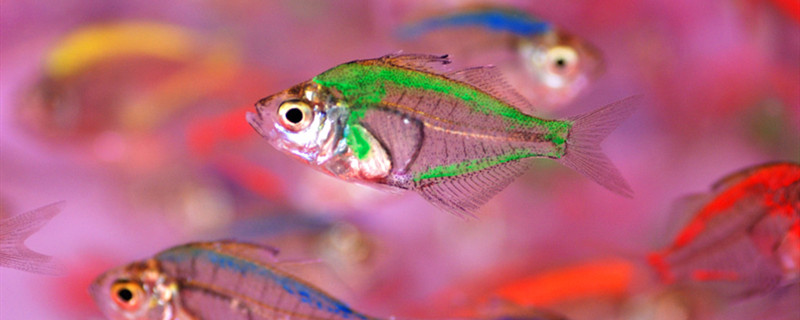
Fish have a sense of smell. There are small holes on the top of its head. This is its nose. It contains an olfactory sac, which can sense the smell of the food around it, thus helping it to eat and hunt better. Unlike terrestrial animals, its nose has four holes, when the water enters from the front two holes, it will discharge from the back hole, through the water flow, the fish can know the water quality and the species of aquatic animals around it.
1. Breathing with gills: One of the major characteristics of fish is to breathe with gills, which is an important reason why they live in the water. Water enters through the mouth of the fish and exits through the gills. When drainage occurs, the blood vessels in the gill filaments complete the gas exchange. For most fish, once out of water, they can't breathe. Only a few can survive by other auxiliary respiratory organs, some by skin, some by intestine, and some by swim bladder.
2. Fins and scales: From the appearance, fish can be roughly divided into four types: spindle-shaped, flat, laterally flat, and club-shaped. No matter what the body shape, almost all have fins and scales. The fins can help them swim in the water while maintaining balance, and the scales provide some protection.
3. Oviparous reproduction: Almost all fish are oviparous. Even if some will directly give birth to small fish, they are not viviparous, but ovoviviparous. The fish eggs are not photographed until they are fully developed in the body. In addition, there are a very small number of fish is abnormal development, such as eels and so on.